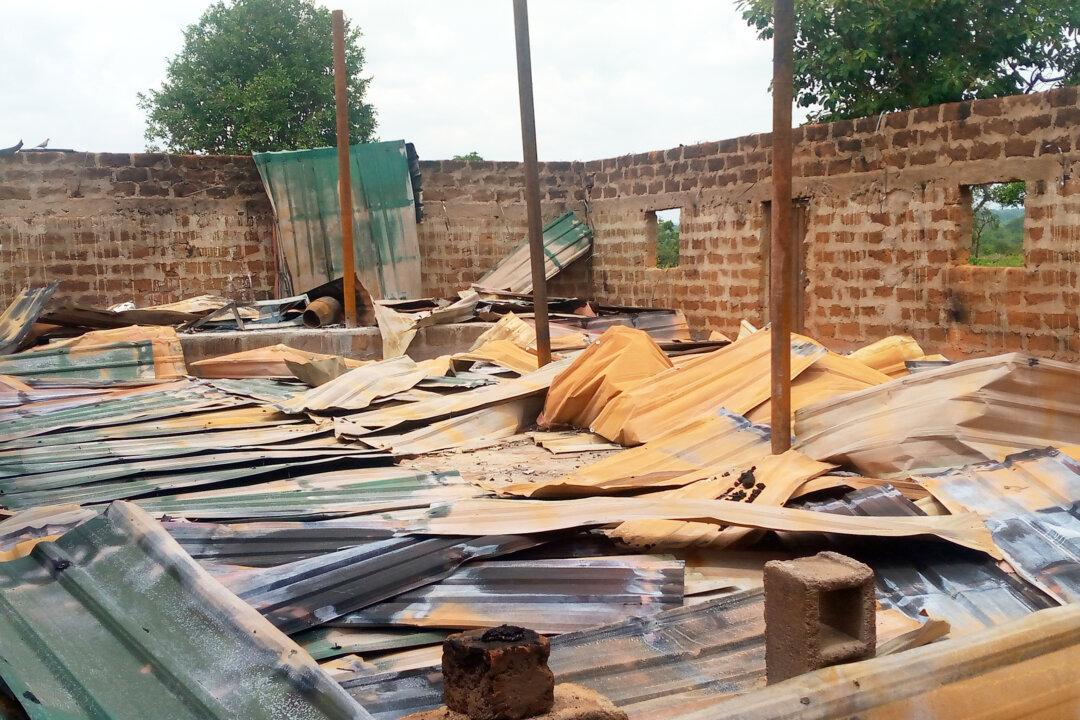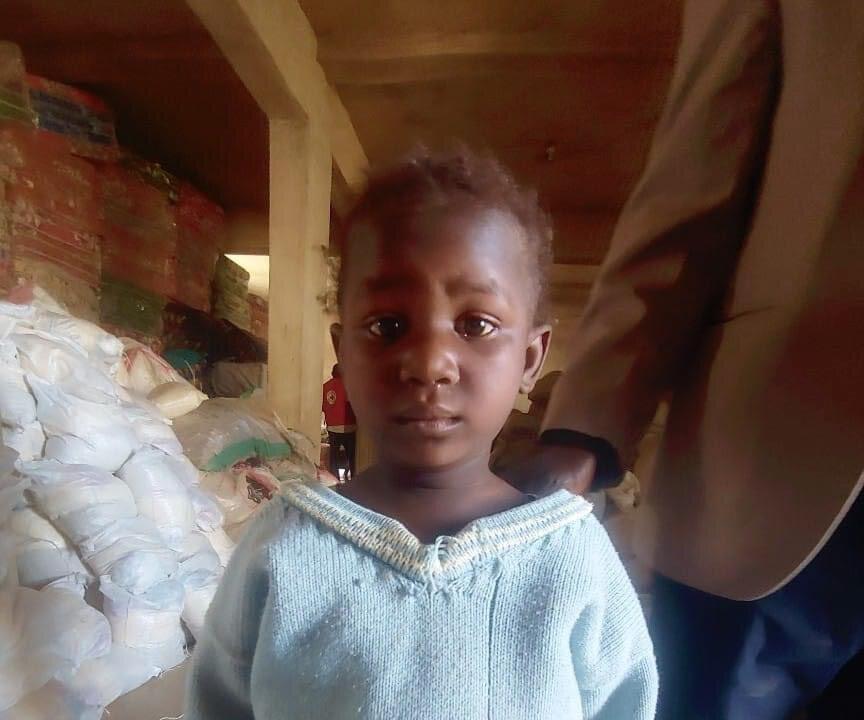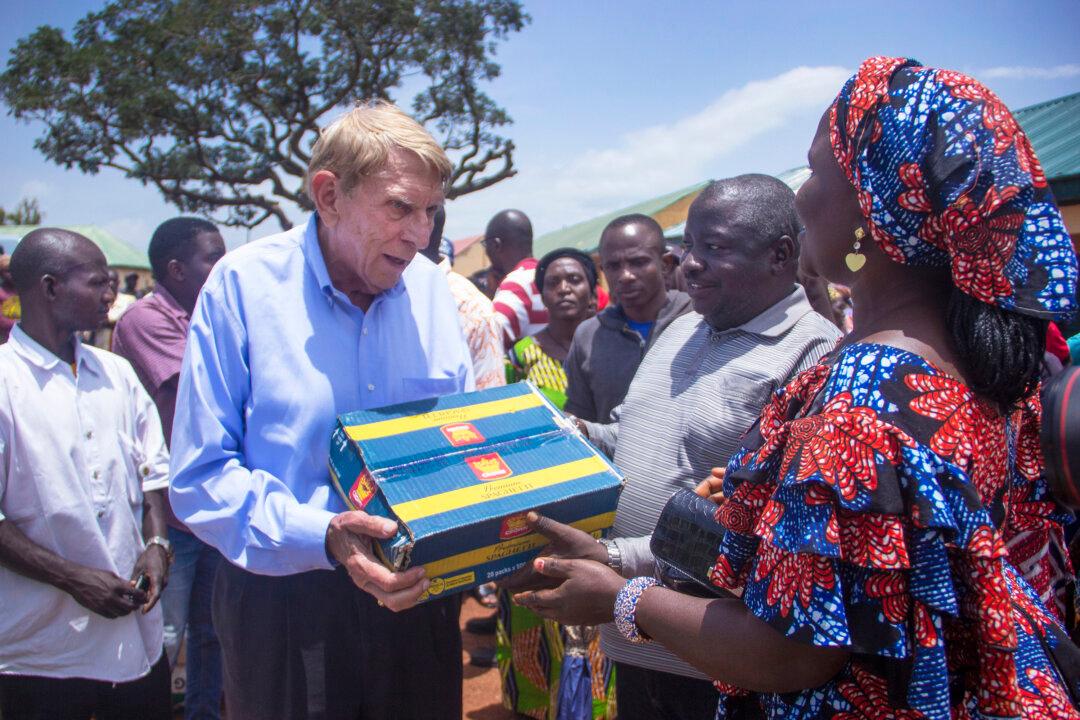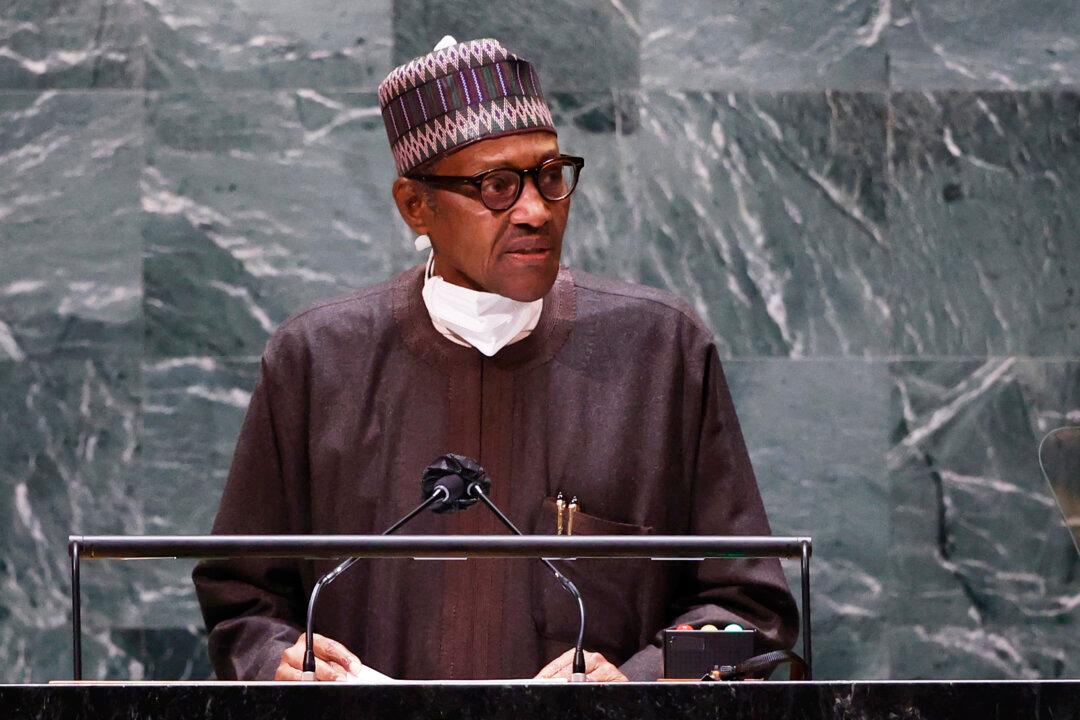It was a sunny Sunday in Maikori, a small farming town in the south of Nigeria’s Kaduna state. Rev. Denis Sani, the pastor of the evangelical church Winning All as well as a leader of a 50-man civilian watch unit, was giving a sermon.
A few minutes before noon on June 5, Sani got news he dreaded. A band of 200 armed terrorists had swarmed the nearby town of Dogon Noma, which meant Maikori was next.





